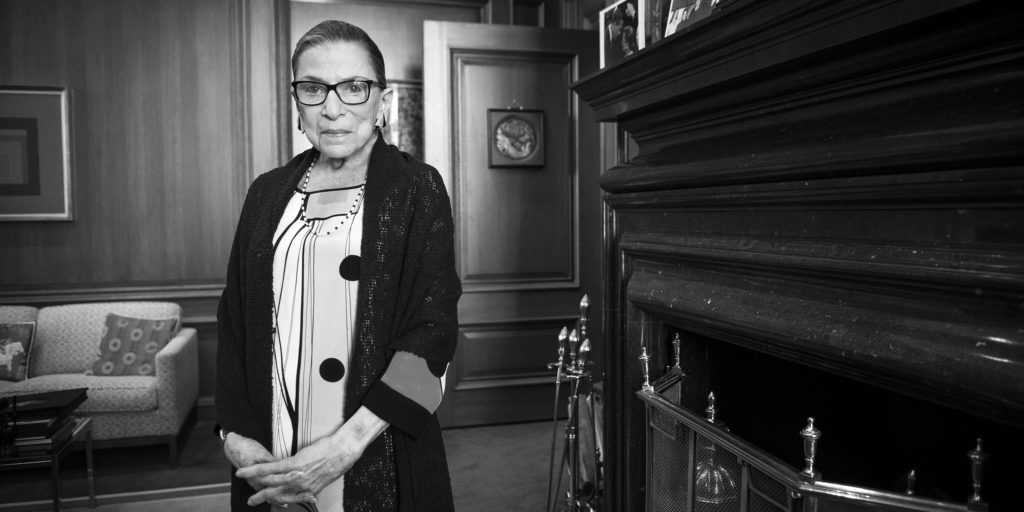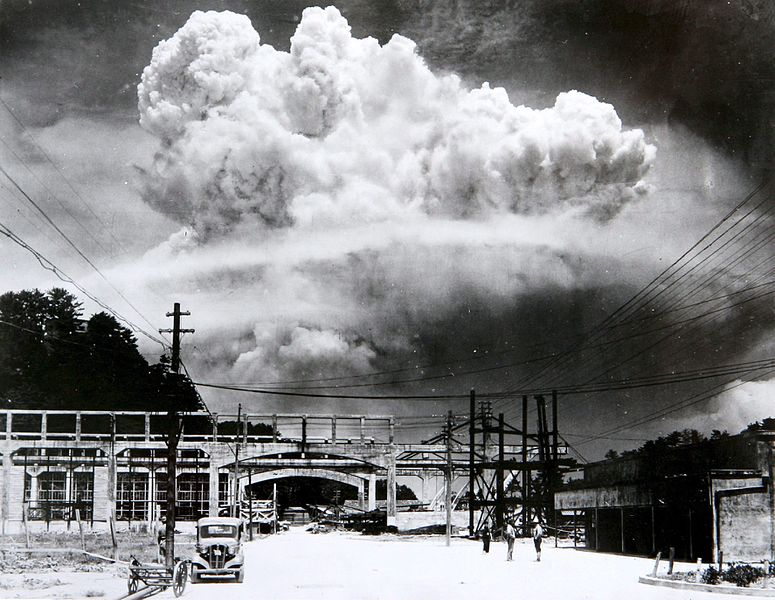There has been a great deal of academic interest in recent years regarding a ‘backlash’ against the liberal international order and, in particular, the rule of law. At the time, it resonated with the actions of the Trump Administration, for example in withdrawing from the 2015 Paris Agreement on climate change and the Iran nuclear deal. The focus was often on political, societal and cultural explanations for the backlash and there was less discussion of what was meant by the rule of law and how it related to the liberal international order. Beyond the withdrawal from international agreements, the inherent legal issues involved in the Trump Administration’s actions were often overlooked, for example in the reaction to the US cruise missile strikes on Syria following reports of the Syrian regime’s use of chemical weapons. The strikes were generally seen as an unlawful use of force although, for some, still a legitimate act rather than a violation of the rule of law. If an unlawful act does not violate the rule of law, does the rule of law have no meaning or is it so pliable that it effectively becomes meaningless?
Once we start to examine the meaning of the rule of law, we find that, as with many legal concepts, it is generally grounded in state-based models of law which are difficult to transfer to the international arena. For example, for Tom Bingham, the rule of law means ‘that all persons and authorities within the state, whether public or private, should be bound by and entitled to the benefit of laws publicly made, taking effect (generally) in the future and publicly administered in the courts’. This concept of the rule of law has within it some legal elements, such as legal personality and access to the courts, that are deeply embedded in municipal law but are different in the international legal system. ‘Legal personality’ is the term given to those who have legal rights and duties within a legal system and so there is an issue as to the extent to which actors within states, such as individuals and companies, who have legal personality can be equated to actors, such as states and international organizations, within the international legal system. Furthermore, unlike those with legal personality within a state who may be brought to account before the courts, states have to give their consent to the jurisdiction of the international courts before they may be subject to proceedings before them. Joseph Raz has a similar conception of the rule of law but thought that the essence of the rule of law is that, for law to be law, it must be capable of guiding behaviour, and conformity to the law is then required in order to secure whatever purposes the law is designed to achieve. For Raz, both law and the rule of law are instrumental. The law guides behaviour but, unlike the concept of natural law, is morally neutral as to the ends to which it is put. The rule of law is a virtue of the law as an instrument to achieve those ends, not a moral virtue that upholds other public goods. There is much that might be debated about this conception of the rule of law but it provides a starting point for it to be examined in a domestic or an international context, or both. In particular, it centres the concept on questions of whether the law is still guiding behaviour and whether the rule of law is securing its purposes in a satisfactory manner rather than on questions to do with the possession and effects of legal personality within the international legal system. It also helps to identify where the rule of law is being drawn into arguments over moral or political values that go beyond mere instrumentalization of the law itself.
In this series of articles by members of the Society, Culture and Law theme within the School of Security Studies at King’s, we look more closely at the rule of law and the contemporary challenges to it. By challenges to it, we mean, on the one hand, challenges in the sense of what is meant by it and what it comprises and, on the other, how it is applied and enforced. For example, we might agree (or not) that the methodology of the instrumentalism of the rule of law is useful for an understanding of international criminal law. Here the instrumentalism of the law, as seen in the Preamble to the 1998 Rome Statute of the International Criminal Court, is quite apparent: in particular it includes respect for and the upholding of international criminal law so as to hold accountable those responsible for mass atrocity crimes and to deter the commission of future crimes. There may be more difficulty with other areas of law such as international human rights law, international trade law or international refugee law where the challenges may be to explain how they fit into the conception of the rule of law or in how it is applied. Furthermore, issues of atrocity crimes, human rights, trade and asylum have in common that they are based on bodies of law and have been recognizable elements of the rule of law that have been established since the Second World War or even earlier, but what of other contemporary issues such as climate change or the impact of the COVID-19 pandemic, how do they fit into the concept of the rule of law?
In the first article of the series, “Peace in the Time of Pandemic 2: A Clash of Rights and Security”, Constance Wilhelm considers the impact that the COVID-19 pandemic and accompanying state securitization has had on the state of human rights and on social cohesion and resilience. She then highlights the challenges that societies may face if a more rights-based balance is not struck in such clashes of rights and security.
In the second article, “Australia and the quest for accountability after the Brereton Report: Some ethical and legal considerations”, Francisco Lobo considers the Brereton Report into alleged war crimes committed by Australian Special Forces in Afghanistan during more than a decade of enforcing the mandate of the international community to fight the global threat of terrorism as part of the International Security Assistance Force, including some ethical aspects and the potential for a prosecution of such crimes by the International Criminal Court.
In the series’ third article, “Prosecuting war crimes: Some thoughts for the new Prosecutor of the ICC”, David Bicknell considers some of the challenges to the application and enforcement of international criminal law. The challenges here are those facing the new Prosecutor at the International Criminal Court, Karim Khan QC, in the making of decisions on who to investigate and prosecute for war crimes which have highlighted by the wide-spread criticism of two recent decisions by the Court.
Finally, in the last installment of the series, “America strikes again: Some thoughts on Biden’s first military airstrike in Syria”, Francisco Lobo analyses the normative factors surrounding the first military strike on Syrian territory authorized by the incoming Biden administration, drawing on both legal considerations and the wider ethical framework of ‘jus ad vim’.


